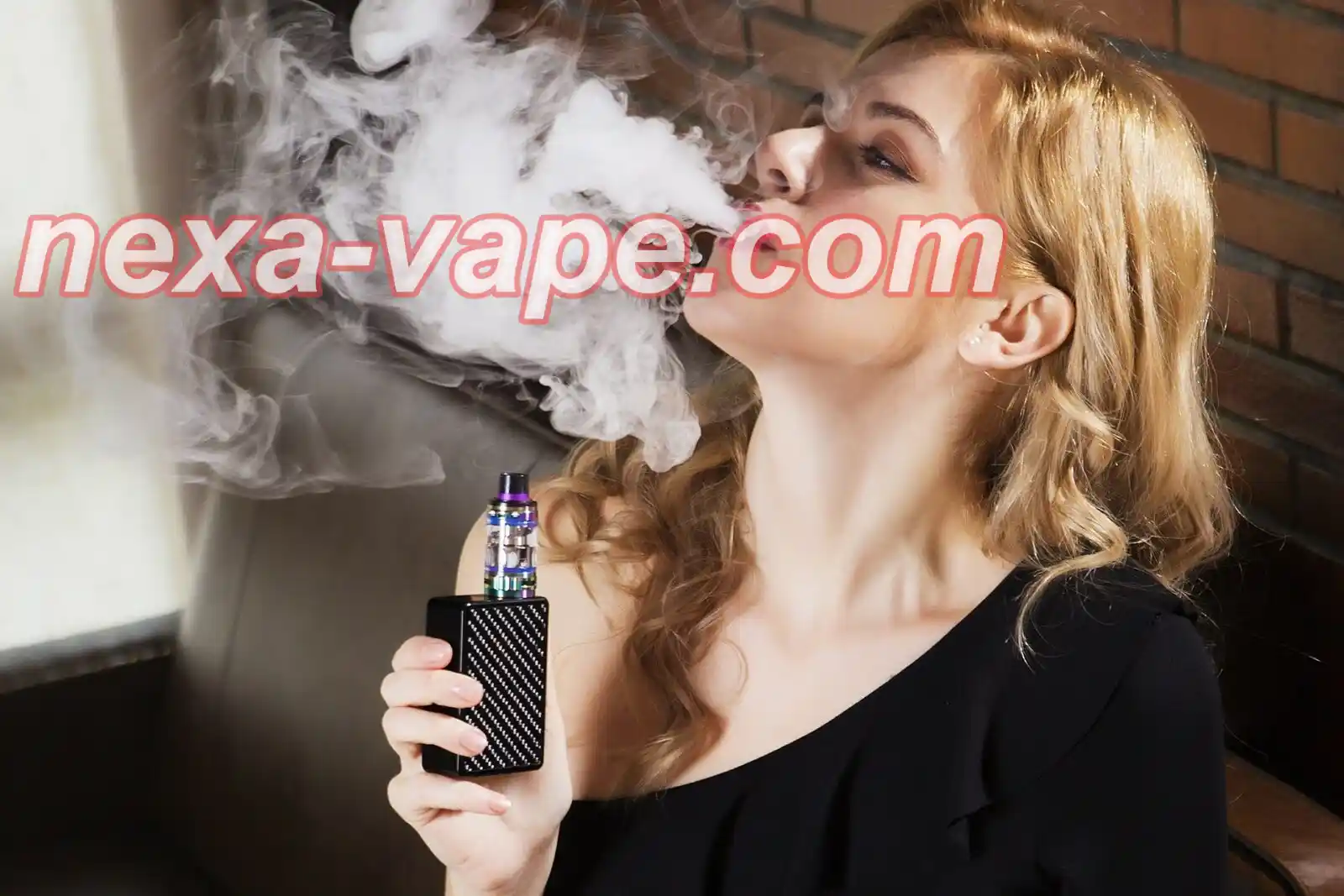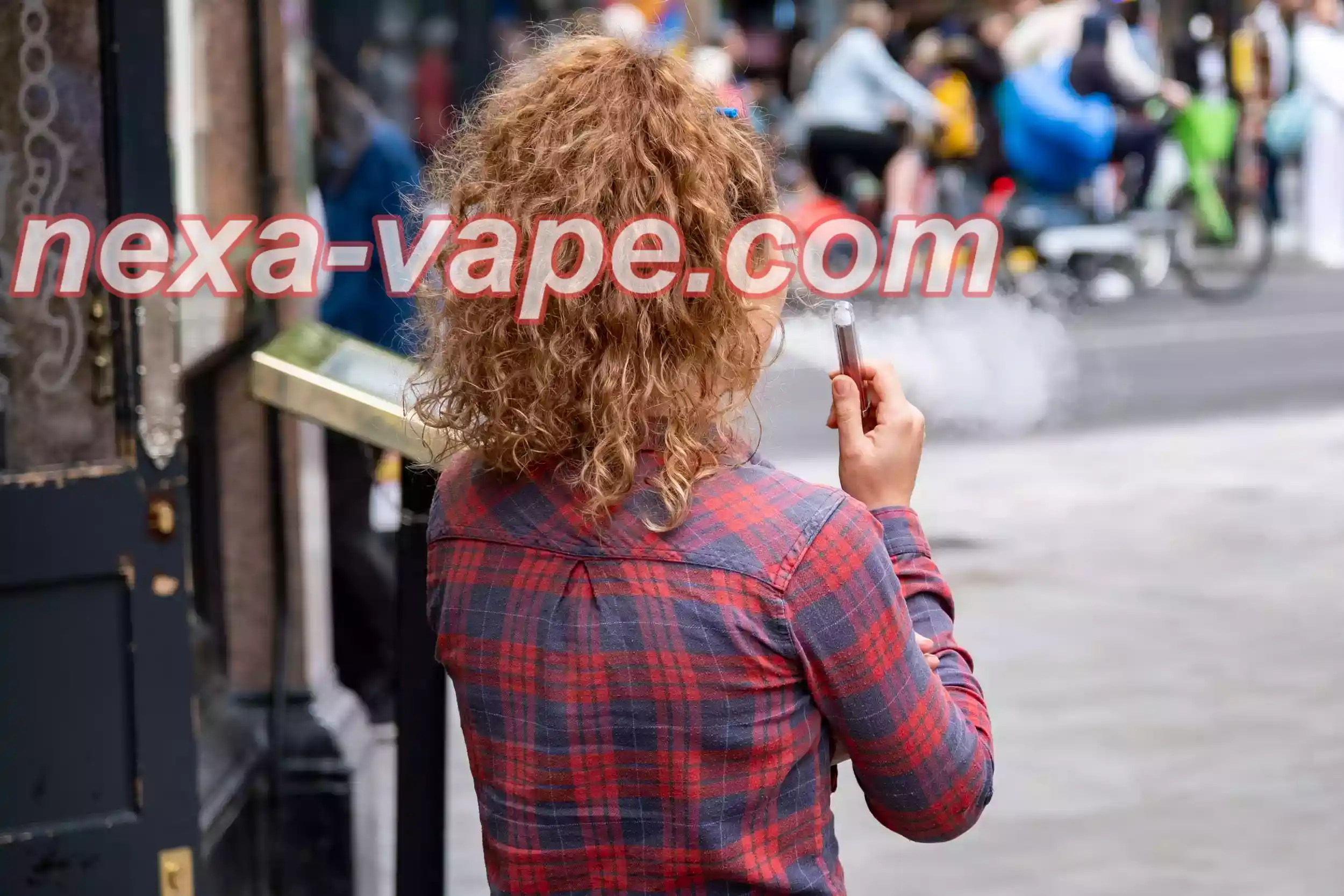Hawaii Cracks Down on Unauthorized Vapes: 800+ Retailers Warned, Global Tobacco Shifts & New Regulations
Hawaii Warns Over 800 Retailers: Selling Unauthorized Vapes Will Lead to Penalties
In a move that’s sure to shake up the tobacco industry in Hawaii, the state’s Attorney General, Anne Lopez, has officially sent out warnings to over 800 tobacco retailers and distributors across the islands. According to Hawaii News Now, this letter warns these businesses that they may be dealing in illegal tobacco products—specifically vapes and smokeless tobacco items—that are not approved by the FDA.
For those who think this doesn’t affect them, think again. The FDA has made it crystal clear that any tobacco product sold in the U.S. must be authorized by the administration before it hits shelves. But here's the kicker—right now, only 34 vape products and 24 smokeless nicotine items have received that all-important FDA approval. Among these approved products are the recently cleared nicotine pouch products, which might just be the future of nicotine delivery, especially given their discreet nature and broad appeal to consumers.
According to Lopez, the issue with flavored disposable vapes, which are often marketed to a younger crowd, is that these products aren’t just potentially harmful—they are designed with children in mind. We're talking flavors that seem like they belong in a candy store, bright packaging that practically screams “buy me,” and some products even incorporating video games where players can earn virtual currency by vaping. It’s like the tobacco industry found a way to make smoking look cool again, but this time they’re marketing it straight to teens and pre-teens.
Lopez’s office is not messing around. She’s made it clear that these manufacturers and distributors are bypassing the proper FDA approval process, which means their products are essentially counterfeit, and selling them could bring down the hammer of federal investigations and serious penalties. This isn’t just a slap on the wrist situation—retailers caught intentionally peddling illegal vapes and other tobacco products could find themselves facing hefty fines and legal action.
With Hawaii being one of the first states to clamp down on unapproved vapes, this sends a strong message to retailers across the nation. Other states could follow suit, pushing for tighter controls on the vape industry. And if these actions start gaining traction, expect the industry to undergo even more regulation—some for the better, others for the worse. For now, Hawaii’s retailers are being put on notice: no more messing around with unauthorized products or you’ll face the music.
JTI Shifts Focus in South Korea: Goodbye Traditional Cigarettes, Hello Flavored Vapes and Heated Tobacco
In South Korea, tobacco giant Japan Tobacco International (JTI) is making a dramatic shift in its product lineup. According to a report from Newsis, JTI has decided to stop selling two of its popular cigarette products, Mevius Havana Crush and Camel Super Slim, in convenience stores starting next month. While these brands have long been staples of JTI’s portfolio, they seem to be heading for the exit as the company pivots toward what is quickly becoming the future of the tobacco market: flavored cigarettes and heated tobacco products.
This move by JTI highlights an undeniable trend in the tobacco industry worldwide: consumers are moving away from traditional smoking toward alternatives like flavored vapes and heated tobacco. In fact, just last year, JTI pulled another classic brand, Mevius One, from the South Korean market, replacing it with new flavored cigarette options and their Ploom X Advanced device, which targets the growing heated tobacco market. The writing is on the wall, and it’s clear that JTI is betting big on these new products to capture a larger share of the South Korean market. Looking for more similar vapes? Nexa Pro Disposable Vape customizes the perfect experience for you!
Industry insiders are pointing to a shift in consumer behavior, particularly among younger people. There’s growing interest in both flavored cigarettes and heated tobacco, and JTI seems eager to tap into this demand. Experts speculate that this change in product offerings is more than just a business move; it’s a direct response to consumer preferences, as more people look for alternatives that are perceived as less harmful than traditional cigarettes. Whether these new offerings will capture the market as expected remains to be seen, but JTI is certainly positioning itself to stay relevant in an ever-changing landscape.
Capital Group Expands Stake in British American Tobacco
British American Tobacco (BAT) is witnessing some serious changes in its ownership structure. The tobacco giant has revealed that its largest shareholder, The Capital Group Companies, Inc., has increased its stake in the company to 15.07%, up from the previous 14.04%. This change in voting rights is significant, considering Capital Group’s size—it's one of the largest active fund management firms globally, overseeing a massive $2.7 trillion in assets.
Since acquiring a 13% stake in BAT back in July 2024, Capital Group has been steadily increasing its influence in the company, and this latest move only cements its role as a key player in BAT’s future. With such a sizable portion of the company under its control, Capital Group has the power to influence key decisions and steer BAT in a particular direction. While BAT has not yet commented on the strategic implications of this increased stake, analysts are keeping a close eye on any potential shifts in company governance or strategy.
As the global tobacco market evolves, with increasing competition from alternatives like vapes and nicotine pouches, BAT will need to adapt quickly to maintain its leadership. Whether Capital Group’s expanded influence will steer BAT toward more aggressive moves in the growing vaping sector remains to be seen. But one thing is clear: this shift in ownership could play a significant role in shaping the future of the tobacco industry.
Indonesia’s Health Ministry Eyes New Tobacco Regulations
In Indonesia, the Ministry of Health is preparing for a new set of regulations that could change the landscape of tobacco consumption in the country. According to a report from Republika, the Ministry is drafting guidelines under the 2023 Health Law (Law No. 17) and the 2024 Government Regulation (Regulation No. 28) to strengthen health warnings on tobacco products. This includes requiring graphic health warnings on cigarette packaging and implementing a ban on cigarette sales within 200 meters of schools and playgrounds.
While these regulations are still in the works, there’s a clear push to tighten the reins on tobacco sales, especially around vulnerable groups like children and adolescents. In a recent online seminar, Siti Nadia Tarmizi, the Director of Chronic Disease Prevention and Control, emphasized the importance of getting public feedback on these measures to ensure they’re both effective and feasible.
One of the key aspects of this new regulation will be the limitation of nicotine and tar levels in tobacco products, along with a list of prohibited additives that could make tobacco even more dangerous to health. The Ministry is also focused on ensuring that local governments have the resources and guidelines needed to enforce these new rules effectively.
This move is part of a broader effort to curb smoking rates and reduce the impact of tobacco-related diseases in Indonesia, which has one of the highest smoking rates in the world. While the regulations may face resistance from the tobacco industry, the Health Ministry is determined to push forward with these measures to protect public health. Looking to buy the best vapes? Nexa Ultra Disposable Vape gives you the most reliable recommendations!
Philippines Proposes Unified Tax Rate for Nicotine Products Amid Smuggling Concerns
Over in the Philippines, the Department of Finance (DOF) is looking to simplify its tax policy for nicotine and vaping products. According to a report from Bworldonline, the DOF has proposed a single, unified tax rate for all types of nicotine products, including vapes, in order to streamline tax collection. The current system has created confusion and potential loopholes, as manufacturers have been labeling their products as freebase nicotine to take advantage of lower tax rates.
Currently, the tax on salt nicotine products is set at 57 pesos (around $0.9) per milliliter, while freebase nicotine products are taxed at only 6.3 pesos (about $0.1) per milliliter. This discrepancy has led to concerns that manufacturers may be gaming the system, and the DOF is looking to create a fairer, more transparent tax structure.
While the proposal aims to make tax collection simpler, it also raises concerns about the potential for increased smuggling activity. Finance Secretary Ralph G. Recto warned that continuously rising tax rates could incentivize the illegal trade of nicotine products, making enforcement and anti-smuggling efforts all the more critical.
In light of these challenges, the DOF is pushing for stronger enforcement measures, including a tobacco product tracking system to monitor the movement of goods across the country. If passed, this policy could have wide-reaching implications for the vaping and tobacco markets in the Philippines, balancing the need for simplified tax rules with the risk of escalating black-market trade.
These global shifts in the tobacco and vape industries signal a growing trend towards regulation, taxation, and market adaptation. From Hawaii’s crackdown on unauthorized vape products to Indonesia’s bold new regulations, it's clear that both consumers and industry leaders must prepare for a rapidly evolving market. So, whether you’re a retailer, a consumer, or an industry insider, stay tuned—because the next few years are bound to see some major changes.
